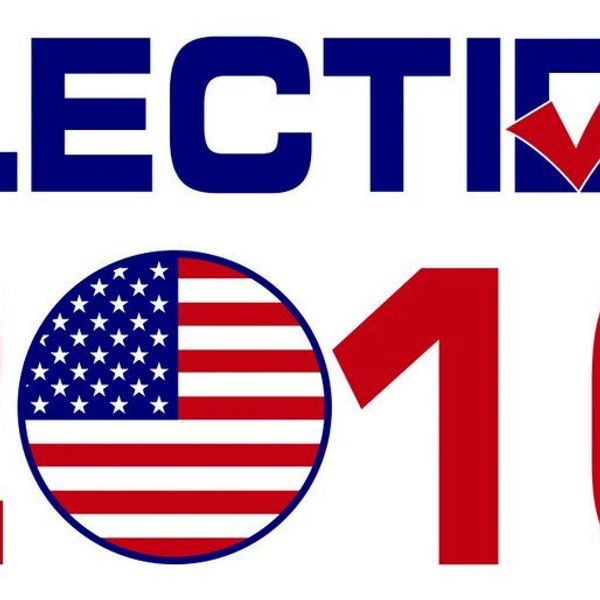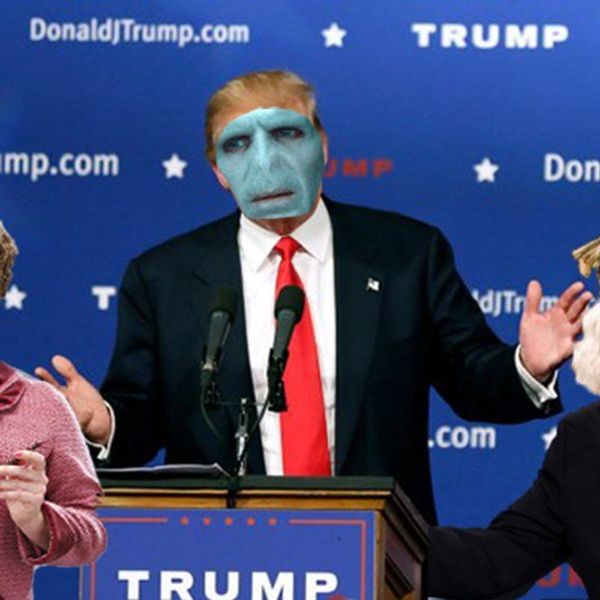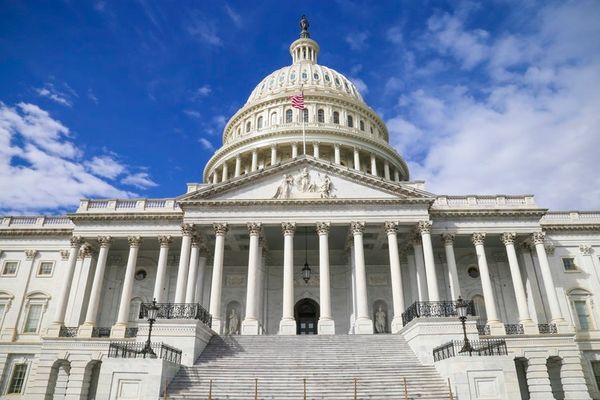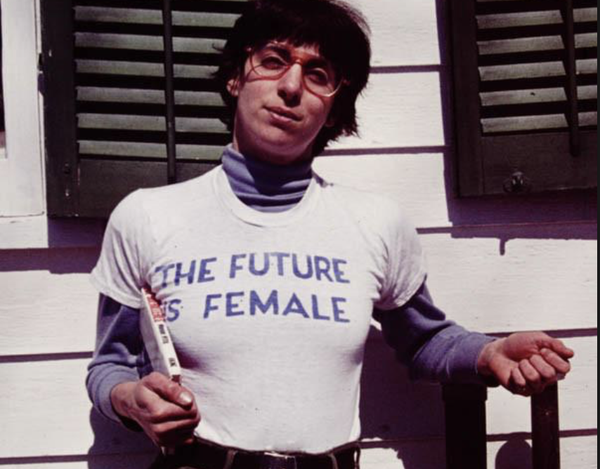Dear Fellow Americans,
Words we hear politicians speak nearly every day, words that, no matter who says them, typically make me swell with pride. Well not anymore. Tuesday night, for the first time that I can remember, I didn’t feel proud to call myself an American. The belief that our nation is special, that our democracy is unique, and that our republic stands for freedom and political equality left me that night once and for all and I woke up the next morning unable to recognize my own country.
I was raised in an incredibly liberal college town, Ann Arbor, Michigan. Therefore, as a politically centrist, moderate voter, I often found myself playing defense in conversations about the United States’s history and role in the world from those on the far-left who claimed that our country was exceptionally oppressive rather than uniquely free. I understood that our nation had a history of racial inequality, mistreatment of the indigenous population, as well as, during the Cold War, at least, support for less than tolerant regimes abroad. However, with all that said, I still always believed that the United States represented an amazing ideal, a government based on accountability to its people, grounded in the fundamental rights of freedom of speech, worship, assembly, petition, and the press. A nation that, with a history of civic protest since its inception, has used the power of a popular movement to demand change to achieve these freedoms for all of our citizens over time: African-Americans, women, LGBT people, and minorities of all stripes. Ultimately, I believed that our nation was overall a positive force in the world and the ideal model of a modern, mostly-righteous democracy. I no longer feel that way.
Instead, I was forced to accept that we are not special. We are not unique. We are not above electing tyranny and over 59 million Americans voted not for a man not just in spite of his racist rhetoric, but in the case of many, because of it. I can no longer make excuses for us. The Constitution is incredible, the Bill of Rights is even better, but even with those founding documents at the center of our civic identity, The Donald is not only possible but is now our president-elect.
I always used to fight with liberals who belittled patriotism. I would say “Criticize the government, not the country. Hate this administration, not the institution.” But I can’t say this anymore. This institution that gave rise to Abraham Lincoln has now allowed for the rise of Donald Trump, lending credence to what critics of the idea of American exceptionalism have always claimed, that the US is no better than the rest of the world, that our Constitution doesn’t make us superior or distinct, that we are just as capable of suppressing freedom, supporting dictators, and regressing in our social progress as any other nation.
Some will argue that we should have always known this, that this has been evident from the start when John Adams signed the Alien and Sedition Acts in 1798 in an effort to restrict speech against him or when Andrew Jackson, in defiance of the Constitution, refused to enforce the Supreme Court’s decision to prohibit the state of Georgia from seizing and settling Cherokee land, or when FDR signed an executive order in February 1942 that enabled the internment of 110,000 Japanese-Americans. Perhaps if I’d been alive to witness any of these events, all in which freedoms that were presumed to be protected by the Constitution were done away with in a dramatic reversal of the march toward political equality that had begun with Thomas Jefferson’s famous pronouncement in the Declaration of Independence that “All men are created equal,” then I would never have held this core belief in American exceptionalism by this point anyway.
But I didn’t. I grew up in the age where, after an impressive push by the LGBT rights movement across the country, the Supreme Court made marriage equality the law of the land, in the age where Barack Obama became our nation’s first Black president, and as the world’s only remaining superpower, in the age where the United States led the global community in the rush to aid countries in crisis from Haiti’s earthquake in 2010 to the Ebola outbreak in West Africa in 2014. In this age, the United States had seemed to me, overall, a beacon of hope, a nation that was upheld as a model democracy to the rest of the world, successfully struggling to cleanse itself of the last vestiges of institutional bigotry and faithfully serving to do its best to give back to that world by offering in its aid to the global community whenever international emergencies arose.
This America I grew up with cannot possibly be the America of Donald Trump, and yet it is. Ironically, it seems, the very things I cherished about this nation are what provided the impetus to the supporters of Donald Trump, aghast at the state of things in which the U.S. championed gay rights, was led at the highest level by a person of color, and cared for the needs of impoverished nations alongside our own, instead of merely being, in Trump’s words, “America First.”
I hope that we will soon return to being the nation we were throughout my youth, led by a vision of progress and equality that did not resort to nationalism or bigotry. I believe that we are capable of achieving this, but I will never again fall into the trap mentality of wishful thinking that America alone is special, that we are uniquely destined for freedom and tolerance and irreversibly marching toward equality because now I know otherwise firsthand. Trump may not be Hitler or Mussolini, but he is a regression in the quest for racial progress and, based on his own statements, a real threat to our constitutionally mandated freedoms. And thus, I concede, with a heavy heart, that we are indeed a member of the community of ordinary nations, no better, no worse. Venezuela had Chavez, Russia has Putin, Britain had Brexit, the Philippines has Duterte, and now we have Trump.





















